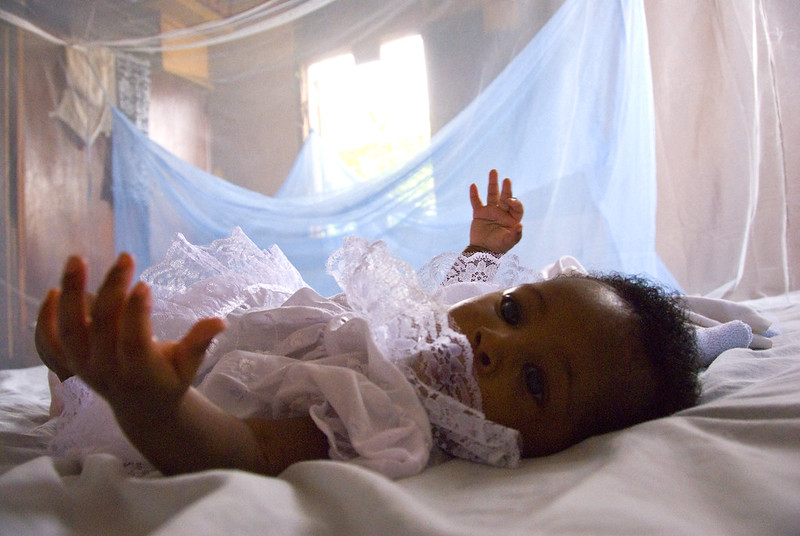The Centers for Disease Control and Prevention (CDC) today warned clinicians about errors in respiratory syncytial virus (RSV) administration in young children and pregnant women, which follows the release of two newly approved RSV vaccines for adults and an injectable RSV monoclonal antibody preventive called nirsevimab (Beyfortus) for babies and young children.
.jpg)
The errors were reported through the CDC's Vaccine Adverse Event Reporting System (VAERS). The CDC described the situation in a COCA Now clinician outreach email.
The events involving children younger than 2 years old who received Pfizer's Abrysvo or GSK's Arexvy were rare, with 25 such cases reported. Most occurred in babies younger than 8 months and in outpatient settings.
Meanwhile, about 128 instances of pregnant women mistakenly getting Arexvy were reported, also most commonly reported in outpatient settings, including pharmacies. Abrysvo is the only RSV vaccine recommended for pregnant women as a tool for protecting young babies from RSV infection.
In its notice to clinicians, the CDC said most administration errors described no adverse events, and when adverse events did occur, they were recorded in VAERS as nonserious.
"CDC, FDA, and other federal agencies continue to monitor the safety of RSV vaccines and reports of vaccine administration errors and will share information with the public as it becomes available," the CDC said. The group also issued recommendations for clinicians who have administered the incorrect vaccine, including that children who got one of the two RSV vaccines receive a dose of Beyfortus and that babies of pregnant women who mistakenly got Arexvy get Beyfortus during RSV season if younger than 8 months.












